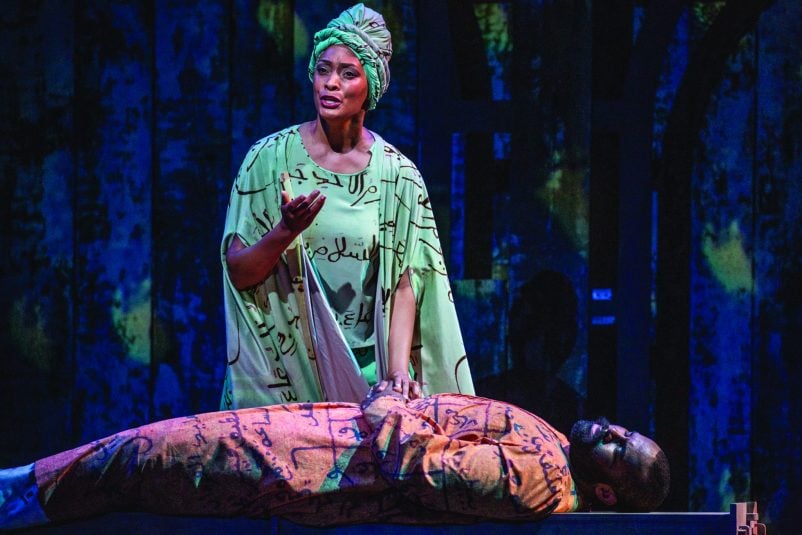In this session from Techonomy 2011 in Tuscon, Ariz., Maria Klawe, President of Harvey Mudd College, argues that high tuition can be justified at institutions that stimulate innovation and produce replicable results. At Harvey Mudd, which has only 750 students, 40 percent of computer science students are female, something Klawe says should serve as a model for the rest of the country.
Klawe: So, we are an absolutely tiny place. We have 750 students. I know more than half of them by name, which is one of the great things about being president at a tiny place. And we care about absolutely nothing except the education of our students. And yes, we have an outrageous tuition—it’s, I believe, $42,500, so it’s more than Rice. Eighty percent of our students are on financial aid. Seventy-five percent of our students went to a public school before they came to Harvey Mudd. No, we don’t have really legacy admissions either. And when I think about what we do, we’re trying to create people who can—they’re scientists and engineers, but who can speak well, who can write well, who are great leaders, who are great team players, who are set to go out and really make a difference in the world. And I think it’s worth every cent that parents do or don’t pay for that kind of education.
Now, could every—I mean, can you afford for every student to have that? Absolutely not. And so my question is, as president of a tiny institution, what can we do that actually helps education more broadly? And for us—I think some people probably saw Bloomberg Business Week article about the percentage of females majoring in computer science at Harvey Mudd. We’re 40 percent female. The average across this country is about 13 percent, and we did it in a way that’s replicable. So from my perspective, when you have a tiny place that is just the most amazing educational innovation lab you could have, our job is to do things that can then be replicated much more broadly, and that’s what we’re busy doing right now is trying to help other institutions figure out how they can also increase the number of women that major in computer science. Because obviously computer science degrees are one of the greatest possibilities for job opportunities and to make a difference in the world right now, and we want to make sure that women and minorities get that opportunity.
Harvey Mudd President Maria Klawe on Justifying High Tuitions
In this session from Techonomy 2011 in Tuscon, Ariz., Maria Klawe, President of Harvey Mudd College, argues that high tuition can be justified at institutions that stimulate innovation and produce replicable results. At Harvey Mudd, which has only 750 students, 40 percent of computer science students are female, something Klawe says should serve as a model for the rest of the country.













